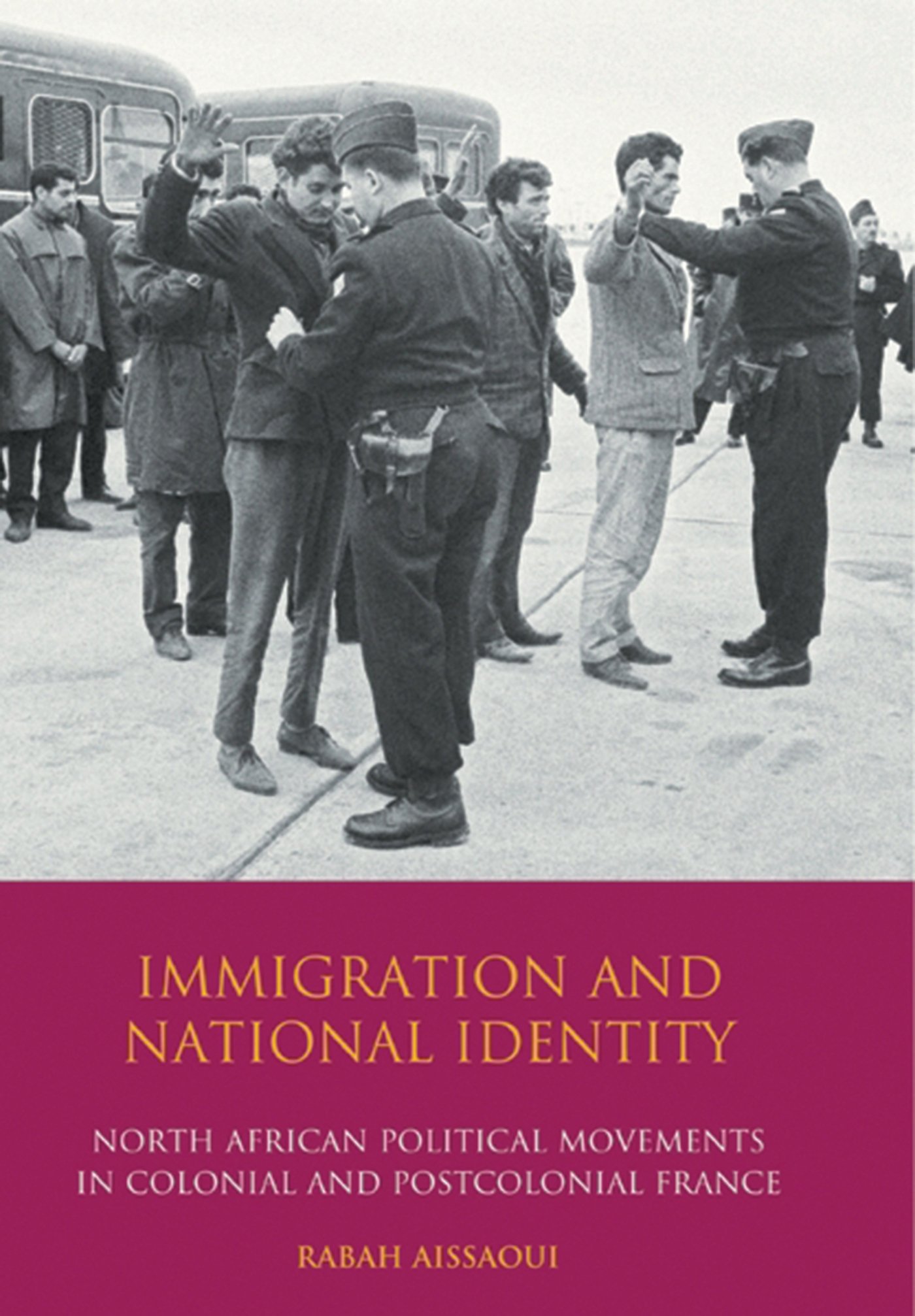Immigration and National Identity
Immigration and National Identity
Immigration is at the heart of social, cultural and political debate in France, a country still struggling to come to terms with its postcolonial legacy. Popular opinion and political and media discourse view postcolonial immigration in France as pre...
Read more
Immigration is at the heart of social, cultural and political debate in France, a country still struggling to come to terms with its postcolonial legacy. Popular opinion and political and media discourse view postcolonial immigration in France as presenting new challenges to the French model of integration and national identity, as exemplified by the Maghrebis who are believed to be relatively recent arrivals with social, cultural and religious practices that are 'irreconcilably' different from those of the French. This perspective ignores the long history of complex ties between France and North Africa since the colonial era, and the fact that Maghrebis have lived in France since the early twentieth century. 'Immigration and National Identity' challenges these widely held beliefs by presenting the migrants' perspective and a pathbreaking account of their political mobilisation from the colonial to the postcolonial period. Here Aissaoui shows us how these immigrants were able to forge a sense of national identity shaped by ethnicity, class, culture, religion and memory. While the Maghrebis have been generally viewed as passive and largely invisible workers they were, in fact, able to construct a powerful and consistent political tradition which has had a lasting impact on the politics of France and North Africa. The Algerian nationalist movement in France - the Etoile nord-africaine (ENA) and the Parti du peuple algérien (PPA) - emerged during the inter-war period and played an important role in the Algerian anti-colonial struggle after the Second World War. Aissaoui also discusses the emergence, in the postcolonial period, of new forms of political activism such as the Mouvement des travailleurs arabes (MTA) and the mobilisation of Maghrebi immigrants in the 1970s. Combining insights from the archive and interviews with political activists, he examines the diaspora's voice, their struggle against racism and oppression and their often complex relationship with French political parties and other immigrant groups. 'Immigration and National Identity' foregrounds the migrants' perspective and the necessary historical background to the fraught contemporary context of immigrant communities in France. Emphasizing the links between earlier forms of political discourse and organisation and the present tensions of immigrant life in a postcolonial world, this book will be valuable for all those concerned with immigration, colonialism and postcolonialism, cultural studies, sociology and the study of contemporary France.
Less
